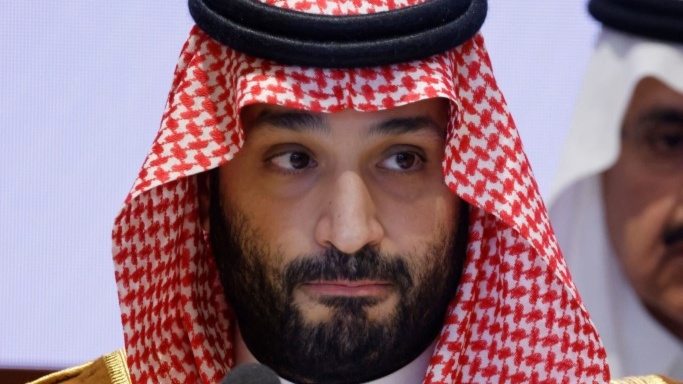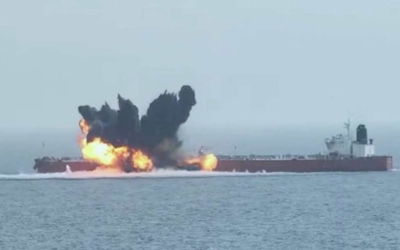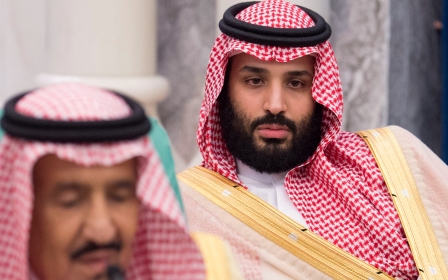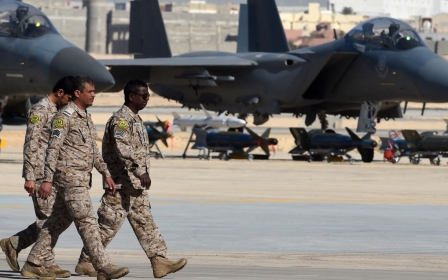Saudi Arabia's profits from oil exports plunge as kingdom tightens purse strings

Saudi Arabia’s revenue from oil exports have plummeted to a three-year low, testing the kingdom’s ability to support oil prices by choking supply.
Saudi Arabia earned just $17.7bn from oil sales abroad in June, according to government data, or nine percent less than it did at the same time last year, and 12 percent less than in May.
Bloomberg reported in July that Saudi Arabia exported about 5.6 million barrels of oil a day in June, just 250,000 barrels more than it was exporting during the start of the Covid-19 pandemic when global travel and oil demand crashed.
Saudi Arabia has cut production in a bid to support prices, but Brent is hovering at around $76 per barrel, roughly seven percent less than it was trading at the same time last year.
Brent rallied to $91 per barrel in April but has fallen, as concerns about the US and China’s economies weigh on markets and traders brush off the risk of the war in Gaza escalating.
New MEE newsletter: Jerusalem Dispatch
Sign up to get the latest insights and analysis on Israel-Palestine, alongside Turkey Unpacked and other MEE newsletters
The drop in revenue will be felt in Saudi Arabia, which is tightening purse strings to drive funds into Crown Prince Mohammed bin Salman’s planned mega-projects.
The IMF estimates that Saudi Arabia needs oil at $96.20 to balance its 2024 budget.
Downsizing mega-projects
Crown Prince Mohammed bin Salman’s economic and social reforms, dubbed Vision 2030, are designed to diversify the kingdom’s economy and open up its conservative society to western tourism and business.
The kingdom needs petrodollars and foreign investment to complete the programme.
As both fail to meet expectations, Riyadh is downsizing its plans.
The kingdom has had to scale back Neom, a $1.5 trillion megacity project which organisers claim will eventually be 33 times the size of New York City and include a 170km straight-line city.
Instead of 1.5 million people living in the city by 2030, Saudi officials now anticipate fewer than 300,000 residents. Meanwhile, only 2.4km of the 170km city is set to be completed by 2030.
The figures also underscore the toll of Saudi Arabia’s energy policies.
The kingdom is the main force behind a push within an alliance of the Organisation of the Petroleum Exporting Countries (Opec) and Russia, called Opec+, to cut oil production to support prices.
The kingdom has backed up its lobbying with actions by taking the lead in slashing production, analysts previously told Middle East Eye. Russia and the UAE have benefited from Saudi Arabia's heavy lifting.
In a May Opec+ meeting, the UAE was granted a special exception to boost its production to an additional 300,000 barrels a day in 2025.
Middle East Eye delivers independent and unrivalled coverage and analysis of the Middle East, North Africa and beyond. To learn more about republishing this content and the associated fees, please fill out this form. More about MEE can be found here.





